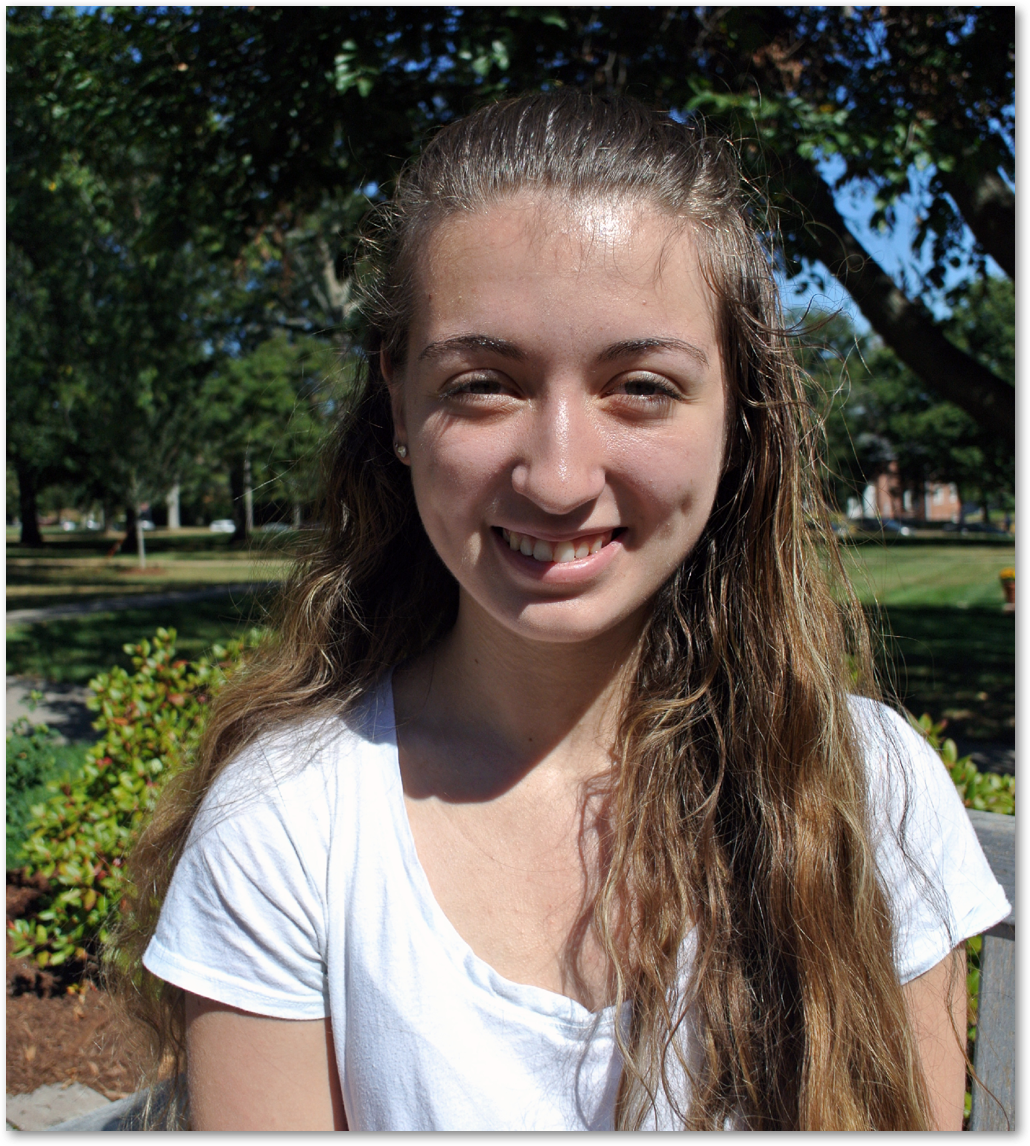Live Poster Session: https://wesleyan.zoom.us/j/6541715127
Abstract: The self-reference effect (SRE) refers to a memory advantage arising from relating to-be-learned information to the self at encoding. There are two types of SREs: The evaluate SRE occurs when a task explicitly requires individuals to evaluate information in relation to themselves, while the incidental SRE occurs when a self-referential cue (e.g., one’s own name) is co-presented with information but is purely incidental to a given task. The evaluative SRE is suggested to be underpinned by enhanced elaboration/organization of information within a rich network of self-knowledge, while the incidental SRE is suggested to arise due to automatic/preferential attentional responses to self-relevant information. The evaluative SRE has been shown to be absent in patients with schizophrenia, but the impact of schizophrenia on the incidental SRE remains to be determined. In the present study, we first had patients with schizophrenia and healthy controls make simple location judgments for words that appeared above or below a centrally-presented name (the participant’s name or the name of a public figure). Then, their memory for the words was tested in a surprise recognition test. We found that both the patients and healthy controls better remembered the words that were co-presented with their own name compared to those co-presented with another person’s name. Importantly, the magnitudes of this incidental SRE did not significantly differ between the patients and healthy controls. Though preliminary, our findings suggest that a spontaneous/incidental form of self-related processing may be preserved in schizophrenia.
Ramsden-Philipps-Feder-Kurtz-Kim_PsycPoster_2022_FNL-1-1



